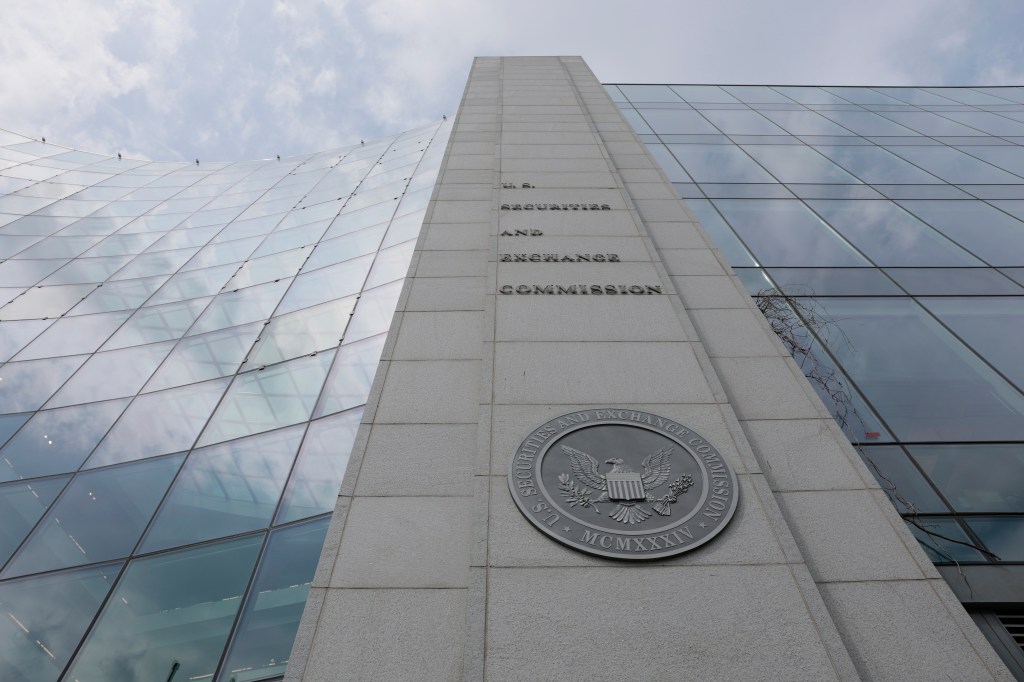The US SEC sued Virtu Financial Inc. on Tuesday in federal court for alleged policy lapses that the regulator said could have let employees access confidential information behind customers’ trades.
As alleged in the SEC’s complaint, Virtu Americas and its affiliates operated two businesses that it purported to have
“At
Register for free to keep reading
To continue reading this article and unlock full access to GRIP, register now. You’ll enjoy free access to all content until our subscription service launches in early 2026.
- Unlimited access to industry insights
- Stay on top of key rules and regulatory changes with our Rules Navigator
- Ad-free experience with no distractions
- Regular podcasts from trusted external experts
- Fresh compliance and regulatory content every day













